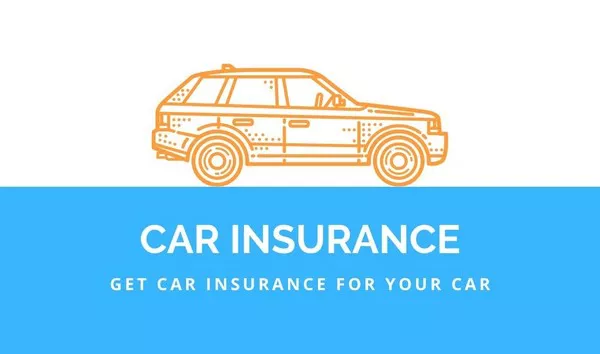In the realm of vehicular insurance, the term “third party liability insurance” often surfaces, sometimes accompanied by confusion regarding its purpose and necessity. However, grasping the fundamentals of this insurance type is crucial for both vehicle owners and those affected by vehicular incidents. Let’s delve into what third party liability insurance for cars entails, why it’s essential, and how it functions within the insurance landscape.
Defining Third Party Liability Insurance
At its core, third party liability insurance is a type of insurance coverage that provides financial protection to an insured party against claims made by a third party for bodily injury or property damage resulting from the use of the insured vehicle. In simpler terms, it protects the insured against legal liabilities arising from accidents where they are deemed at fault.
The Legal Mandate
In numerous jurisdictions worldwide, having third party liability insurance is not just an option but a legal requirement for operating a vehicle on public roads. This mandate aims to ensure that individuals injured or whose property is damaged in accidents receive due compensation, thereby promoting financial responsibility among vehicle owners and drivers.
Coverage Scope
Third party liability insurance primarily covers two types of liabilities:
1. Bodily Injury Liability: This facet of the insurance covers medical expenses, rehabilitation, and, in some cases, lost wages for individuals injured in an accident for which the insured party is deemed responsible. It also extends to legal defense costs if the injured party decides to sue.
2. Property Damage Liability: Property damage liability covers the repair or replacement costs of the third party’s property that has been damaged due to the insured party’s actions. This can include vehicles, buildings, or any other property damaged in the accident.
Exclusions and Limitations
While third party liability insurance offers crucial protection, it’s essential to understand its limitations and exclusions:
1. Coverage Limits: Policies typically have predefined coverage limits, beyond which the insured party is responsible for any additional costs. It’s advisable to choose coverage limits that adequately protect personal assets.
2. Intentional Acts: Insurance does not cover damages resulting from intentional or criminal acts by the insured party.
3. Contractual Obligations: Any liabilities arising from contractual agreements, such as transporting hazardous materials without proper authorization, may not be covered.
4. Non-Permissible Use: If the vehicle is being used for purposes not covered by the policy, such as commercial activities, the insurance may not apply.
How It Works in Practice
In the event of an accident where the insured party is deemed at fault, the process typically unfolds as follows:
1. Accident Occurs: The insured party is involved in an accident resulting in bodily injury or property damage to a third party.
2. Claim Filed: The affected party files a claim with the insurance company of the at-fault party, outlining the damages incurred.
3. Investigation: The insurance company investigates the claim to determine liability and assess the extent of damages.
4. Settlement Negotiation: If liability is established, the insurance company negotiates a settlement with the affected party to cover the damages, including medical expenses, property repair costs, and legal fees if applicable.
5. Resolution: Once an agreement is reached, the insurance company disburses the settlement amount to the affected party, thereby resolving the claim.
Importance of Third Party Liability Insurance
Third party liability insurance is crucial for several reasons:
1. Legal Compliance: It ensures compliance with legal requirements for operating a vehicle, shielding the insured from potential legal consequences.
2. Financial Protection: In the event of an accident, it provides financial protection against potentially significant liabilities, safeguarding personal assets and financial stability.
3. Peace of Mind: Knowing that one is protected against third-party claims alleviates the stress and anxiety associated with potential accidents, allowing individuals to drive with confidence.
Conclusion
In conclusion, third party liability insurance for cars is a vital component of responsible vehicle ownership. By providing financial protection against liabilities arising from accidents, it not only ensures compliance with legal requirements but also offers peace of mind to vehicle owners. Understanding its scope, limitations, and importance is essential for making informed decisions regarding insurance coverage, thereby mitigating potential risks and ensuring financial security on the road.


